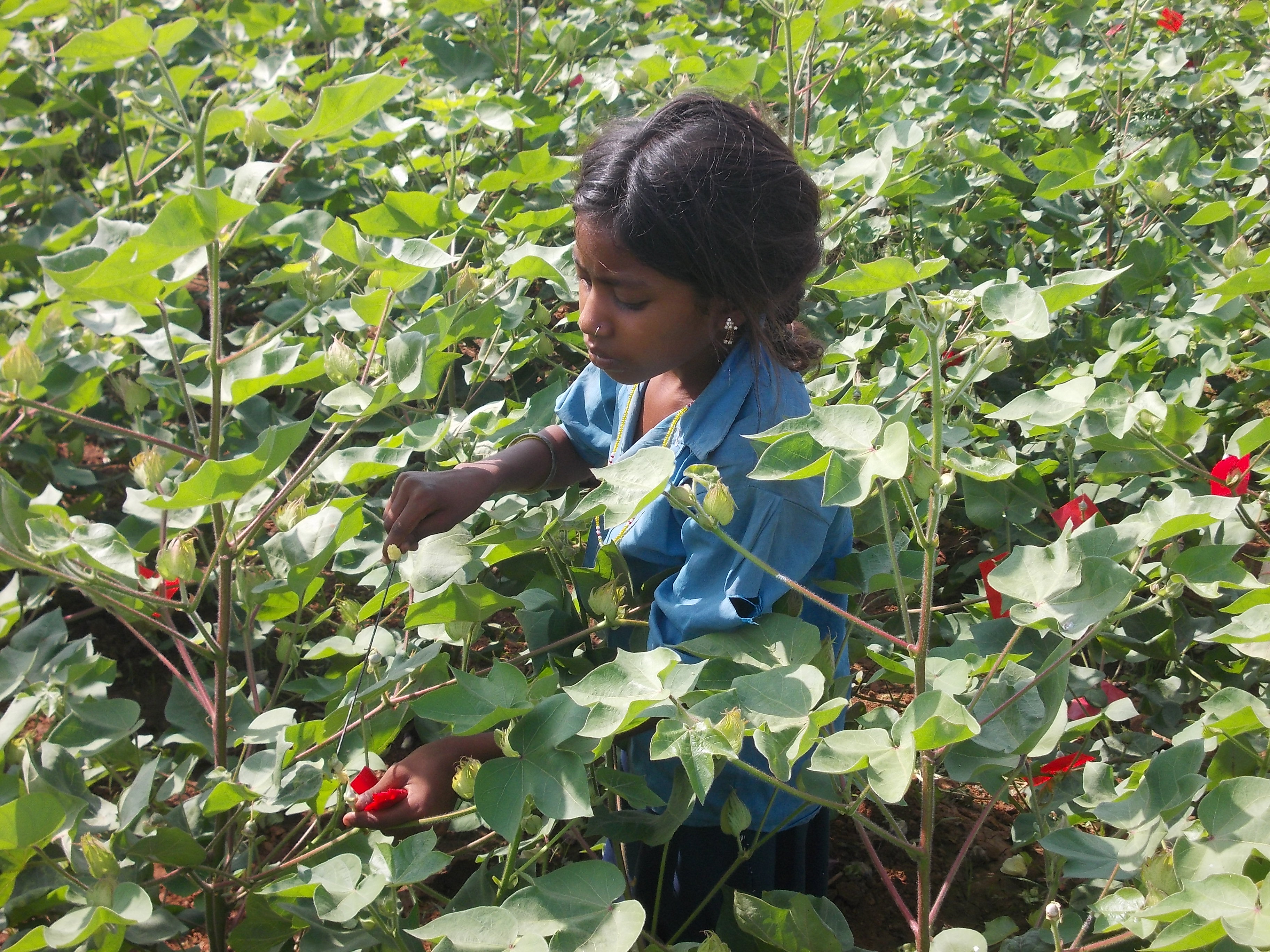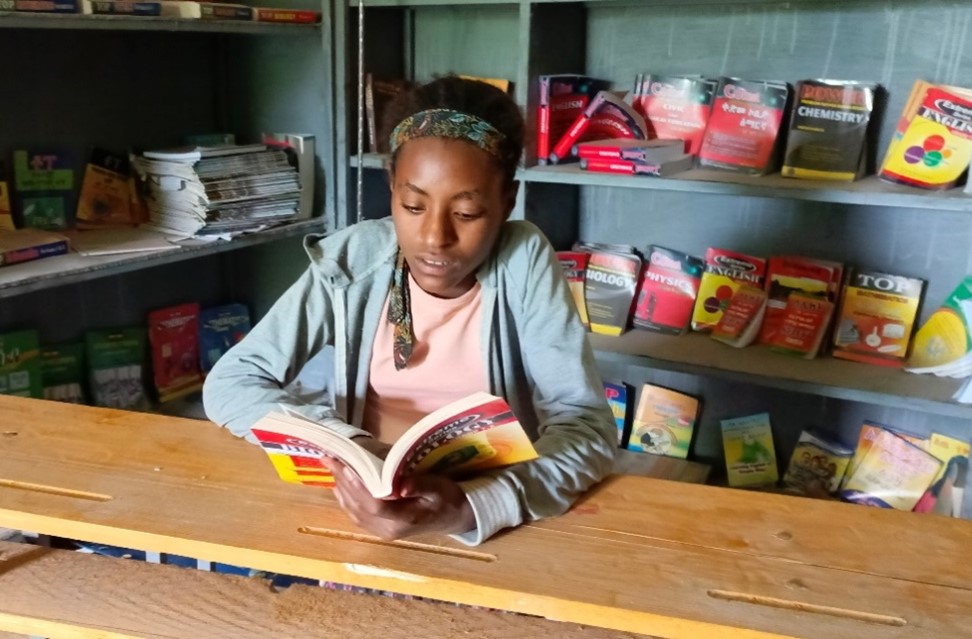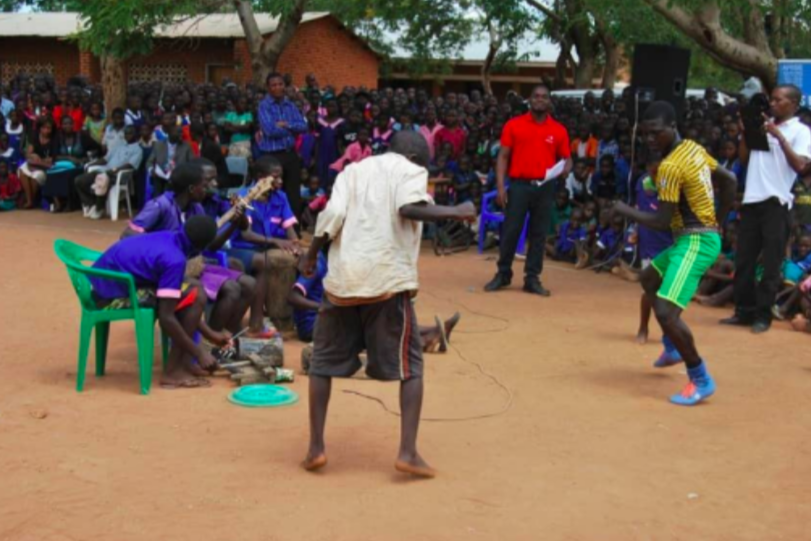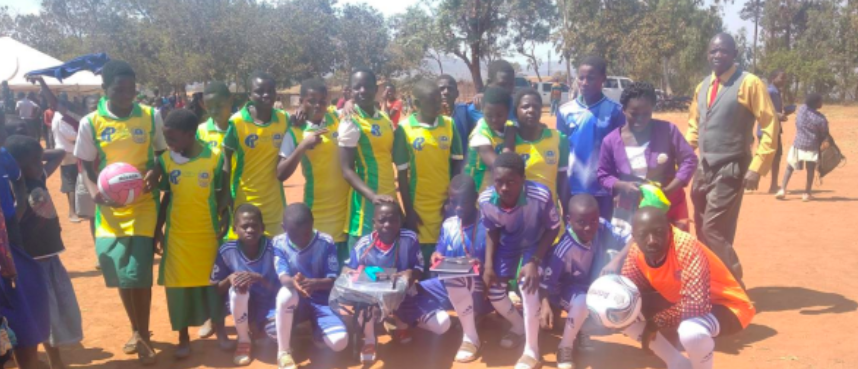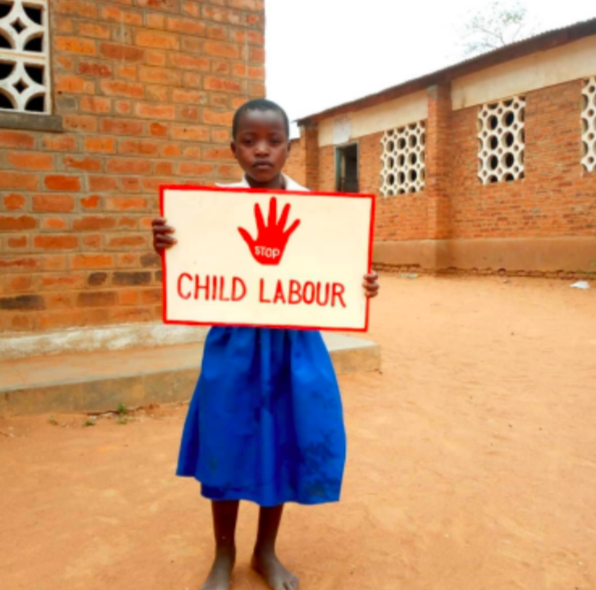The Work: No Child’s Business Alliance – consisting of UNICEF Netherlands, Save the Children Netherlands and the Stop Child Labour coalition, together with country offices and partner organizations in Uganda, Ivory Coast, Mali, Vietnam, India and Jordan – is calling on the EU to step up its trade and regulatory efforts to put into practice the pledge of “zero tolerance towards child labour”. We request the EU to prioritize this to reverse the upward trend in child labour.
When taking office in 2019, President of the European Commission, Ursula von der Leyen made the strong pledge of “zero tolerance towards child labour [1]”. On several occasions it was stressed that both the introduction of an EU mandatory human rights and environmental due diligence framework and the strengthening of the use of trade tools in support of Non Trade Policy Objectives (NTPOs) would be part of the EU’s work to eliminate child labour by 2025 as committed through the Sustainable Development Goals.
“Trade is not an end in itself. It is a means to deliver prosperity at home and to export our values across the world. I will ensure that every new agreement concluded will have a dedicated sustainable-development chapter and the highest standards of climate, environmental and labour protection, with a zero-tolerance policy on child labour.” Von der Leyen, U. (2019). A Union that strives for more. My agenda for Europe: Political Guidelines for the next European Commission 2019-2024
The EU’s commitment to the eradication of Child Labour is even more urgent in 2022 as the world grapples with the devastating effects of the COVID-19 pandemic for all people, everywhere. According to the ILO-UNICEF global estimates (2020), 160 million children across the world are engaged in child labour [1], an increase of 8.4 million as of 2016. This report shows that for the first time in 20 years, the number of children in child labour is increasing and these figures are pre-COVID-19. The COVID-19 pandemic shows an increase in these figures. The ILO-UNICEF report of 2020 estimates that by the end of 2022, 8,9 million more children, of which 50% are only 5 to 11 years old, will be engaged in child labour if we do not act now.
This is why UNICEF Netherlands, Save the Children Netherlands and the Stop Child Labour Coalition, together as the Work: No Child’s Business Alliance (WNCB), stresses the importance of the EU’s pledge and urges for more effort to put this pledge into practice. The eradication of child labour needs a range of complementary strategies and for WNCB the pledge made by the European Commission was specially promising, because it concerned both regulatory efforts and changes in trade policies. Nearly three years after the new commission has taken office the steps taken so far are too limited to live up the pledge.
On mandatory human rights due diligence
The EU’s ambition for a solid and well balanced proposal of mandatory due diligence that aims “promoting sustainable and responsible business behaviour throughout global value chains” is potentially an essential contribution to the eradication of child labour in global supply chains.
After considerable delay, the European Commission presented the ‘Draft Directive on Corporate Sustainability Due Diligence’, yesterday. But instead of the promised ‘game-changer’ proposal, the proposed legislation excludes small and medium enterprises and will only apply to not more than 1 percent of companies in Europe, while child labour occurs in operations and value chains of companies of all sizes.
WNCB is also disappointed that companies could fulfil their obligations by adding certain clauses in their contracts with suppliers. This makes it possible to shift companies responsibilities to their suppliers, and may limit the impact of the legislation to certain tiers. With child labour mostly occurring in the lower tiers, family farms as well as the informal sector this legislation will not effectively address or prevent child labour throughout the supply chain.
WNCB calls for changes in the proposal to ensure its effectiveness in the eradication of child labour:
- Companies regardless of size and sector, should be within the scope of this law. Small and medium-sized enterprises make up large shares of sectors with high risks of child labour in their supply chain.
- Companies should be required to implement the full cycle of due diligence activities, based on global standards like the OECD guidelines developed on due diligence. If a company identifies potential or actual severe impacts in its business relationships across its full value chain, it needs to determine appropriate action, track implementation and results, and communicate them to affected stakeholders.
- The due diligence obligation should not be limited to certain tiers but concern the global value chain.
On a ban on forced labour products
The European Commission also announced a legislative proposal on forced labour yesterday, that includes a ban of products entering the EU market produced with forced and child labour.
WNCB is in favour of all measures that can contribute to the eradication of the worst violations of labour rights such as child labour. However, sanctions, like a ban, in our view will only be effective as part of a broader regulatory package that includes robust (mandatory) due diligence and due transparency. WNCB therefor calls on the EU to strengthen the above mentioned proposal on corporate sustainability due diligence, extending it to as broad a range of businesses as possible and eliminating loopholes for avoiding responsibility for due diligence in the full supply chain.
On trade policy
Thus far trade agreements have turned out not to be an effective tool to incentivise trading partners to achieve NTPOs such as the eradication of child labour. The Commission is increasingly being called upon to strengthen the scope and enforcement of the Trade and Sustainable Development (TSD) chapters, also by EU member states (See for example non-paper NL France). The EU’s Trade Policy Review should strengthen the link between trade and a policy objective such as the eradication of child labour.
WNCB advocates for more ambitious and concrete steps to make the revision of trade policies contribute to the eradication of child labour:
- Include concrete and far-reaching actions in TSD chapters: not only effort obligations to ratify the relevant international agreements and conventions, but time bound and tangible actions and results in the implementation of those agreements. For the goal to eradicate child labour this could include obligations on access to quality education, labour inspection, minimum wages, etc.
- Include a robust monitoring system of the agreed actions and results that engages stakeholders such as affected communities, civil society, trade unions or other worker representations. Transparency of the monitoring process is key.
- Guarantee enforceability, by including both positive incentives as well as trade sanctions.
- Use the trade agreements that are currently being negotiated with regions with a high level of child labour, such as Brazil (Mercosur) and India to experiment with this innovative approach.
[1] “Child labour is considered work that is likely to be hazardous or to interfere with the child’s education, or to be harmful to the child’s health or physical, mental, spiritual, moral or social development.” – UN Convention on the Rights of the Child

